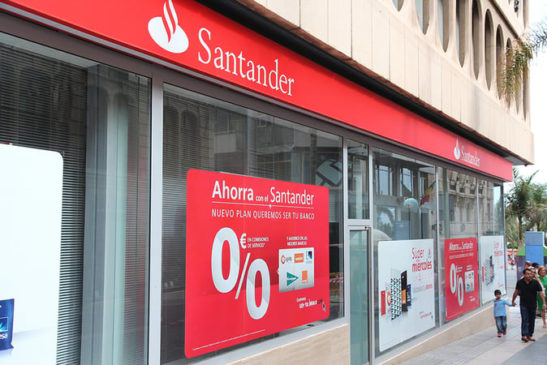The new partnership with Taurus suggests that Banco Santander anticipates a greater role for crypto in traditional finance.
Spanish banking giant Banco Santander is partnering with cryptocurrency asset management platform Taurus to offer its customers custodial services for their digital assets.
Banco Santander recently emerged as the only Spanish bank to appear on the 2023 list of financial institutions of global systemic importance. The list comprised 29 names classified by the Financial Stability Board (FSB) and published in the newspaper Cinco Días.
It is this banking behemoth that is now diverting its efforts into the crypto space. Just last week, the Swiss division of the bank announced it will begin allowing high-net-worth individuals to trade Bitcoin and Ether on its platform. With about $315 billion in assets under its management, the bank offered its clients a secure and regulated custody model. It also promised to introduce other crypto assets with time.
Bridging the Gap
The new partnership with Taurus suggests Banco Santander anticipates a greater role for crypto in traditional finance. It also underscores the bank’s commitment to meeting the evolving needs of its clients.
Santander is not the only bank looking into crypto custody. Earlier, Deutsche Bank also partnered with Taurus to offer Bitcoin custody services to international clients. More recently, HSBC chose Ripple’s Metaco as its crypto custody partner, sparking bullish sentiments among XRP fans. Elsewhere, Germany’s DZ Bank, Standard Chartered, and BNY Mellon have launched their blockchain-powered digital assets custody platform.
Apart from banks, several leading financial institutions, including BlackRock, Fidelity, and Franklin Templeton, are also making bolder moves in the crypto ecosystem.
The Future of Finance
Considering the cautious approach of banks towards cryptocurrencies, the decision of these banks to venture into the crypto space suggests a change in disposition.
Historically, large banks and financial institutions prefer tokenized liabilities and shun direct involvement with open blockchains and their associated assets. Thus, it may seem that the future of finance – where traditional banking fuses with the digital asset space – is here.
Former MAS Director certainly thinks that, although he argues that the future will not involve private cryptocurrencies. Instead, Mr Ravi Menon believes the future belongs to stablecoins, tokenized liabilities, and CBDCs.



